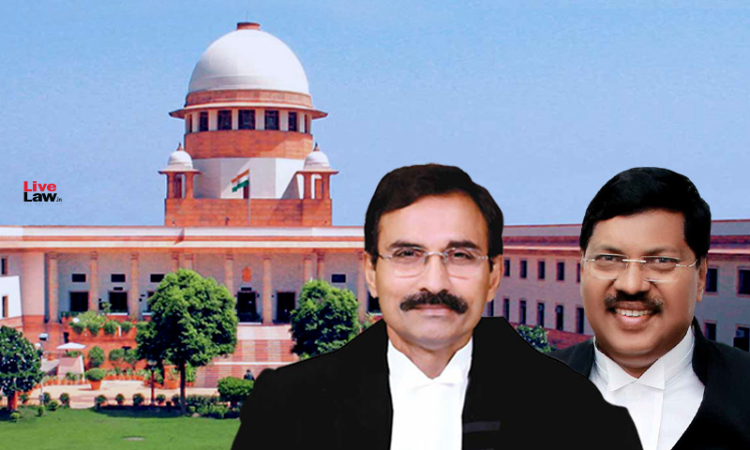The Supreme Court observed that a court has to reject a plaint if it finds that none of the reliefs sought in it can be granted to the plaintiff under the law.In such a case, it will be necessary to put an end to the sham litigation so that further judicial time is not wasted, the bench of Justices L. Nageswara Rao and BR Gavai observed.The court added that underlying object of Order VII Rule...

